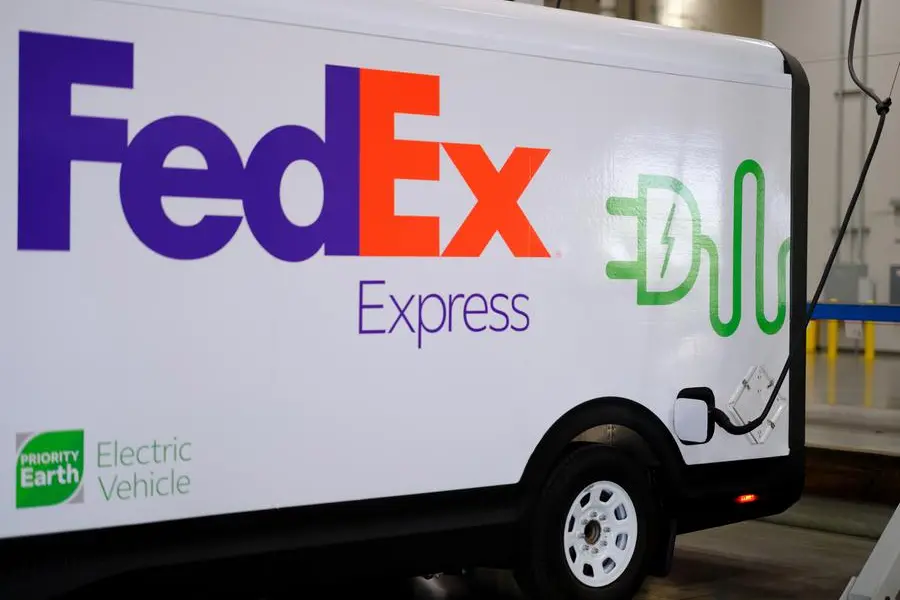Automakers are at the forefront of sustainable innovation, accelerating efforts in electric vehicle (EV) production to meet ambitious decarbonisation targets by 2025. The industry is rapidly evolving to align with stricter environmental regulations, growing consumer expectations, and urgent climate goals.
With sustainability now a core strategic priority, major advances are being made across electrification, materials innovation, manufacturing processes, and digital transformation. PwC notes that top automakers are steadily improving their products and processes to minimize environmental impact and advance toward carbon neutrality.
Electrification and Hybrids Take Center Stage
According to insights from AutoLeap, a leading auto repair shop management platform, original equipment manufacturers (OEMs) are expanding their electric vehicle (EV) lineups and investing heavily in battery technologies that extend range, cut charging times, and boost recyclability.
Plug-in hybrid electric vehicles (PHEVs) and hybrid electric vehicles (HEVs) continue to play a critical role especially in regions where full electrification isn’t yet feasible. As noted by global law firm Dentons, hybrids serve as a practical bridge for reducing emissions while EV infrastructure is still under development.
Sustainability Starts with Smarter Materials
The shift toward a circular economy is gaining serious momentum in the automotive sector. Deloitte highlights a growing use of recycled aluminum, bio-based plastics, and eco-conscious interior materials as manufacturers seek more sustainable alternatives.
Research and Markets reports that leading OEMs are increasingly embedding circular principles into vehicle design focusing on end-of-life strategies such as recycling, remanufacturing, and resource recovery, making these practices a standard part of operations.
Martijn Karrenbeld, Global Market Sector Director for Industrial Manufacturing at Arcadis, emphasizes that “the industrial manufacturing holds vast potential for decarbonisation. As one of the largest global energy consumers and carbon contributors, every sustainability gain we achieve truly makes a difference.”

Green Manufacturing Meets the Power of Renewables
Green manufacturing is now front and center in the automotive industry’s sustainability push. According to the European Automotive Decarbonisation and Sustainability Summit 2025, automakers are increasingly integrating renewable energy sources like solar and wind into their production lines, while modernizing equipment to boost energy efficiency.
PwC highlights that this transformation extends across global supply chains, with greater emphasis on energy efficiency and transparent data practices to support more sustainable operations at every level.

Regulatory Forces Driving Industry Transformation
Stringent regulations are accelerating the industry’s transformation. According to the environmental group Transport & Environment, the EU’s 2025 target of 93.6g of CO₂ per kilometer for new cars is driving a surge in electric vehicle innovation.
Similar policies in other regions are fueling global momentum, as highlighted by Dentons. Deloitte adds that new EU directives will soon require automakers to incorporate recycled materials especially in batteries and adopt design-for-reuse principles, pushing the industry further toward sustainability.
Benchmarking Progress in Clean Mobility
Deloitte reports that European automakers have cut operational emissions by 20% since 2021 even as production levels have continued to grow. On a global scale, the industry is aiming for a 90% emissions reduction by 2050 in line with broader net-zero goals.
Battery electric vehicles (BEVs) are projected to account for 20–24% of new car sales in the EU by 2025, according to Transport & Environment. With expanding infrastructure and improving affordability, adoption rates are expected to climb even further.
The auto industry is entering a defining era of transformation. Deloitte and PwC point to the next phase of sustainability one that will require scaling EV adoption, embedding circular design across the value chain, and building transparent, low-carbon supply networks. PwC also emphasizes the importance of aligning all stakeholders to create a resilient, future-ready mobility ecosystem.
What are your thoughts on the automotive industry’s push toward decarbonisation do you believe current efforts are enough to meet global climate goals, or is more aggressive action needed? Let us know in the comments below.
